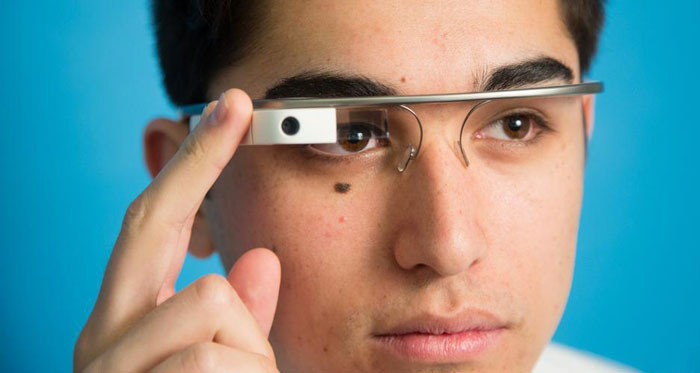One of the most talked about innovation in the tech world currently is the launching of the Google Glass. A miniature computer that fits like a pair of eyeglasses and can do all that Google can with voice command and movement sensors. You can check your email, search the web, read a book, watch a movie, anything without moving a finger (well, barely – one of the controls is a finger swipe.)
As with most technological advances, there is a certain degree of backlash. Some wonder how people are going to interact with one another, the over usage of the internet, privacy concerns and the like, but it does bring up an important question: what are some of the unanticipated uses of the Google Glass?
Spying
When I mention spying, that is not to say that the government will be the one doing it. But what about the Wi-Fi fields and privacy violations against other Google Glass users? If someone can hack into your computer and email, what is Google doing to protect Glass users from others hacking in and stealing important information or even worse, what the wearer is currently seeing? Is it easier or harder because of the small design? Are there safeguards in place in case of theft and other malfeasances? All of these questions need to be addressed before Glass really takes off.
Assistance on the Job
Google Glass would be an interesting piece of equipment for people like doctors and police officers so that they can record their interactions and work for other’s reviews. If a jury had trouble determining the guilt or innocence of a criminal, they can look at a first-hand recording through Google Glass. Doctors doing experimental surgery can use Google Glass without the impediment of camera and other technologies in the operating room as well as being able to reach for files and medical images quickly in case of emergency.
Children being bullied at school can record their interactions for the proof of administrators and parents. Police, who previously were almost viewed as infallible, can now wear portable cameras to have proof of any potential cases of misconduct. Industrial workers can look up schematics, for example, of crude oil tank cleaning equipment while working on them. It’s like a heads-up display in video games. You can have real-time information about real-time events right in front of you.
Cheating
If someone were going to have a computer attached to their face, it would be pretty easy for them to cheat. Both kids and adults could cheat on tests, poker and countless other ventures with little overhead of chances of getting caught. Obviously, they would be outlawed at professional events and testing environments, but what about other instances like job interviews and classrooms? There is always going to be an unfair advantage when you have the Internet attached to your face.
Look like Geordi LaForge
This one should be obvious. Google Glass is reminiscent of the Star Trek character. His VISOR was how he was able to see through electromagnetic and radiation fields in ways that his other crewmates could not. Although Google Glass cannot do this yet, what will the limitations be on the invention? X-ray vision? Nightvision? Star Trek vision? I’m hopeful for any of those
Google Glass is planned to launch in 2014 and perhaps then these questions will be answered, but how else do you think the world will be changed because of this innovation?
